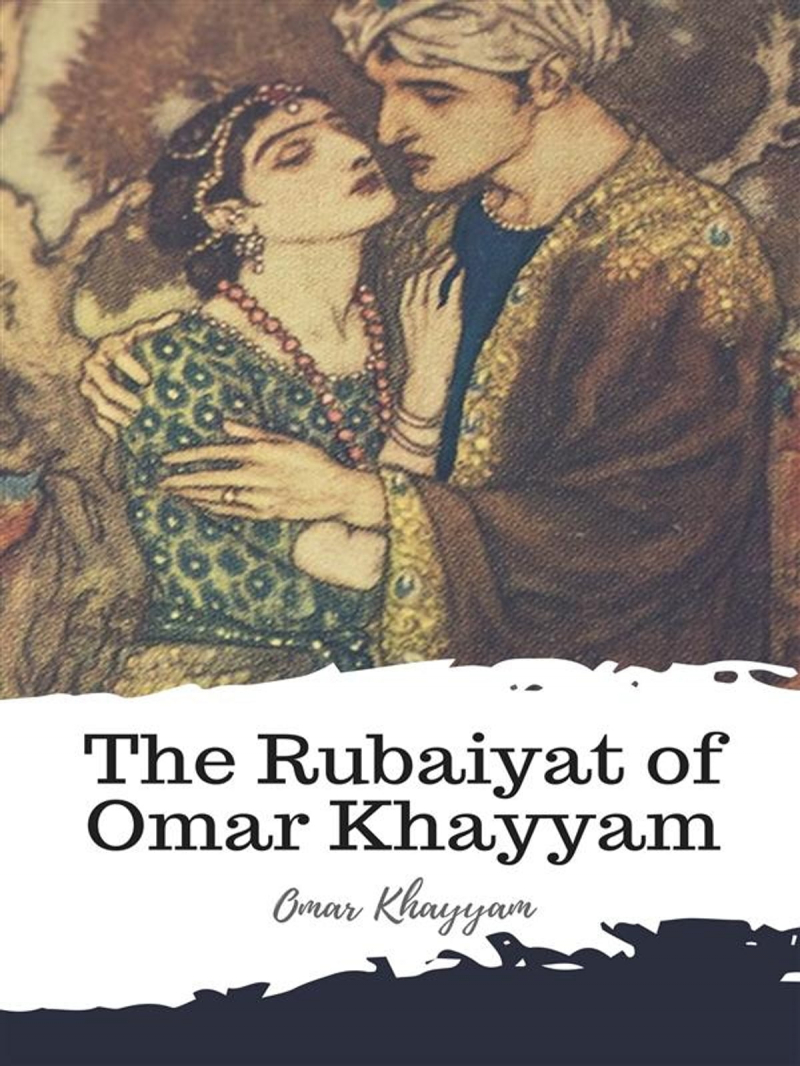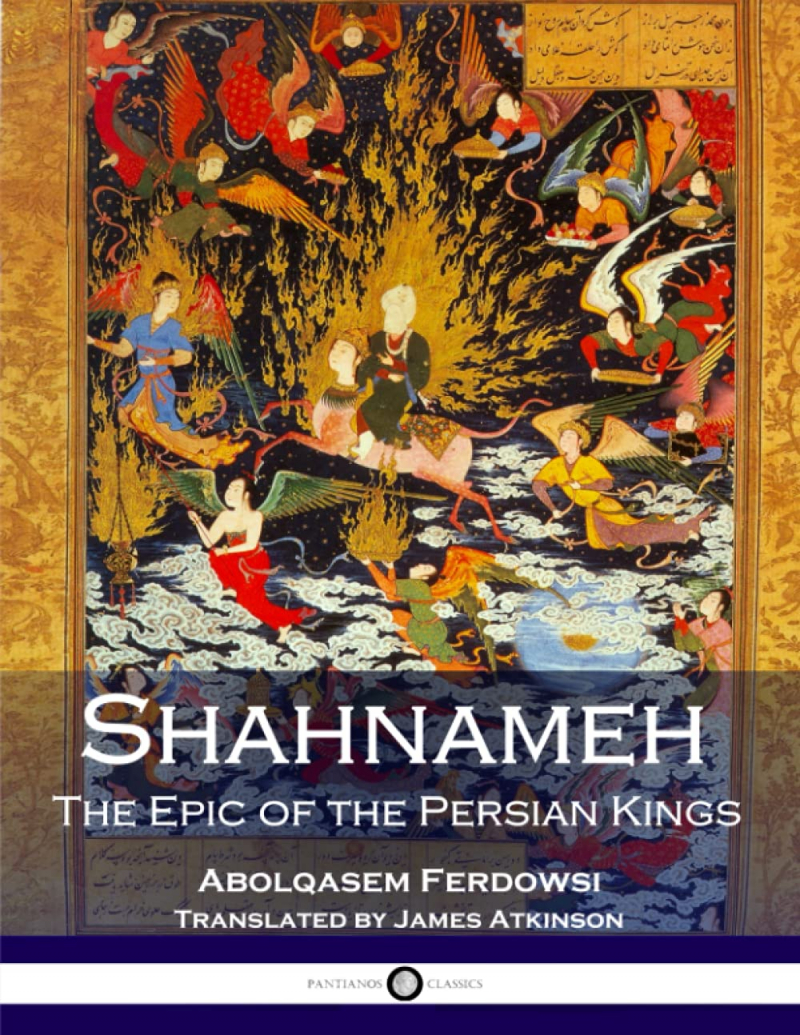Fatalism as Literary Motif
The literary motif of fatalism is seen in "The brief sum of life refuses us the hope of lasting long", which originated in the Zoroastrian sect known as Zorvanism, which is another Persian creation that is sometimes neglected. Since one could not use the time to alter one's fate in any manner, Zurvan was revered as the God of Infinite Time in Zorvanism, and this religious system gave rise to the idea of fatalism. No matter what one accomplished, they would eventually perish, and their life expectancy was predetermined.
The Persian poet Omar Khayyam (c. 1048–1131 CE) prominently used this theme in The Rubaiyat, although it was first employed by Ferdowsi (c. 940–1020 CE) in his Shahnameh. It was then adopted by Greek and Roman writers, and it is being used today. Though it has served as the inspiration for many works of literature, the motif is probably best encapsulated in the lines "They are not long, the days of wine and roses/Out of a misty dream/Our path emerges for a while, then closes/Within a dream" by the English poet Ernest Dowson.












